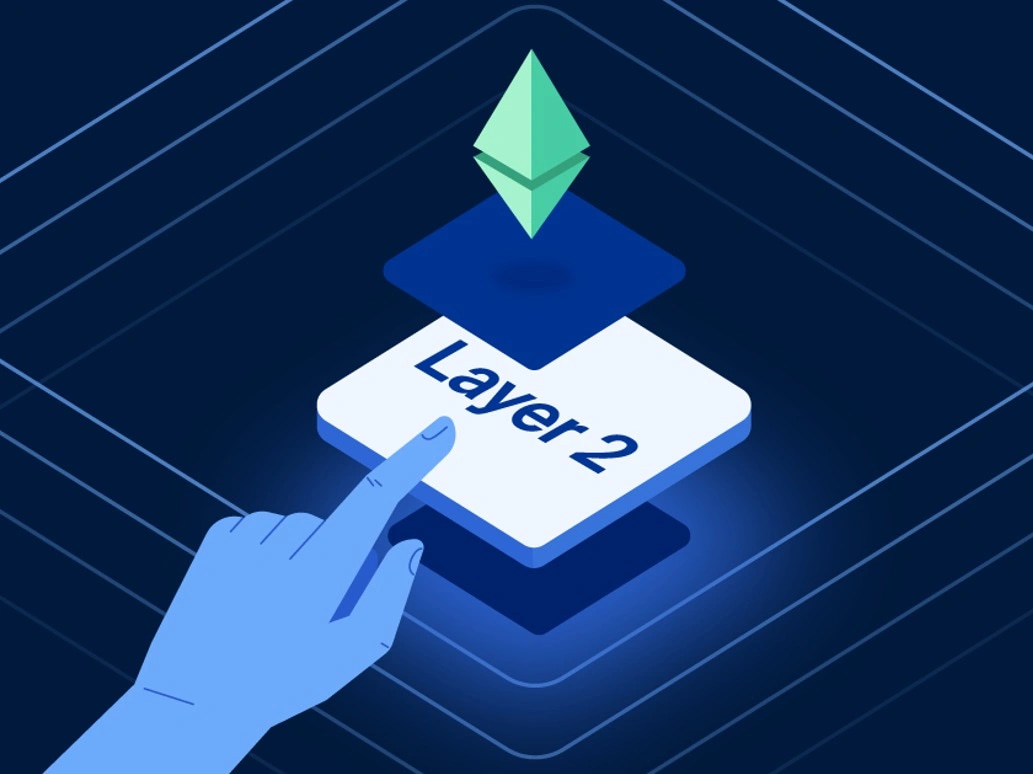Web3 Gaming Is Booming — Here’s How to Keep Up
In 2025, the Web3 gaming industry has skyrocketed, with hundreds of blockchain games launching across dozens of networks. For both seasoned players and crypto newcomers, navigating the right tools can be a challenge. Your wallet is your passport to play—and we’ve rounded up the top 5 crypto wallets that offer seamless access, speed, and security in the world of Web3 gaming.
MetaMask: Still the Go-To for Versatility
MetaMask remains one of the most used and flexible crypto wallets for Web3 in 2025. With support for Ethereum and all EVM-compatible chains—including BNB, Avalanche, and Polygon—it gives gamers access to a massive universe of decentralized games and apps.
However, Ethereum’s gas fees can be a pain point, and the wallet’s interface may be too technical for absolute beginners. Still, with its large user base and ongoing updates, it’s a reliable choice for gamers wanting wide access.
Pros: Broad compatibility, supports NFTs, fiat ramps
Cons: Gas fees, EVM-focused, learning curve for newbies
Also read: Russo Brothers Officially Involved in Fantastic Four: First Steps as MCU Sets Stage for Avengers: Doomsday
Ronin: Designed for Web3 Gaming
Built by Sky Mavis, the Ronin wallet was made specifically for blockchain games. It powers hits like Axie Infinity, Pixels, and the upcoming Atia’s Legacy. With fast, low-fee transactions and an easy onboarding process, Ronin is perfect for players looking for quick entry into gameplay.
While it shines within its own ecosystem, access to non-Ronin dApps is limited.
Pros: Gaming-first, fast and cheap, user-friendly
Cons: Smaller ecosystem, fewer non-gaming dApps
Phantom: Solana’s Sleek Gaming Gateway
Phantom, the top Solana wallet, now supports multiple chains like Polygon and Ethereum. It offers a fast, slick user experience and is popular among NFT collectors and gamers alike. Titles like Star Atlas thrive in this low-fee environment.
Scams remain a problem—users must be vigilant of fake airdrops and phishing NFTs.
Pros: Speedy transactions, intuitive UI, multi-chain support
Cons: Scam vulnerability, Solana-centric roots
Immutable Passport: Seamless Web3 Gaming Onboarding
Immutable’s Passport is built for players, offering smooth sign-on, no passwords, and pre-approved in-game transactions. It’s the official wallet for the Immutable ecosystem, which now hosts over 380 games including Gods Unchained and TOKYO BEAST.
It’s still growing, and limited to Immutable’s zkEVM and X networks, but offers perhaps the best UX for Web3 gamers.
Pros: No-password login, integrated with hundreds of games
Cons: Newer tech, limited to Immutable ecosystem
Enjin Wallet: Multiverse-Ready Gaming
Enjin’s Web3 roots go deep, and its wallet supports over 15 chains with a focus on NFT minting and trading. What sets it apart is multiversal compatibility—NFTs that can be used across games like 9Lives Arena and The Etherescape.
It’s a bit clunky for new users, but for creative gamers and NFT builders, it’s an ideal platform.
Pros: Multiverse NFT use, built for gamers, cross-chain support
Cons: Less beginner-friendly, smaller user base
Final Thoughts: Choosing the Right Wallet for You
The best Web3 gaming wallet depends on your needs.
- Ronin, Immutable, and Enjin are excellent for gamers focused solely on Web3 titles.
- MetaMask and Phantom offer more flexibility for users interested in broader DeFi and crypto activity.
No matter which you choose, be sure to prioritize security and understand how the wallet operates.
Disclaimer: The information in this article is for general purposes only and does not constitute financial advice. The author’s views are personal and may not reflect the views of GameDegen.com. Before making any investment decisions, you should always conduct your own research. GameDegen.com is not responsible for any financial losses.



